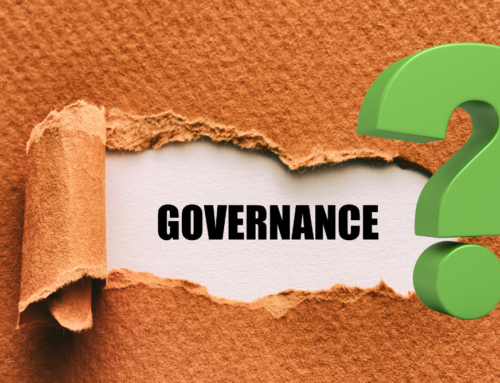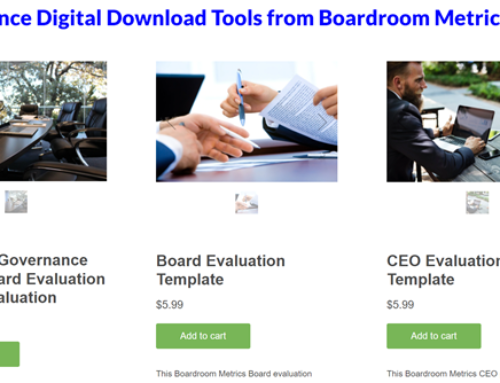
Importance of Medical Group Governance
The rise in importance of self-governed medical groups and the challenges of operating successfully are leading to increased interest in medical group governance.
From our recent work in this area work, we observe that physician-lead Boards have several governance challenges. However, only one of these challenges is unique to medical group governance.
Common Challenges in Medical Group Governance
The following challenges are shared by all Governance Boards, not just Boards of medical groups:
-
Understanding the role of a Governance Board
All organizations struggle with their interpretation of the role of a Governance Board. Over the years, we have concluded that the key to strong Governance is simplifying – literally ‘un-complicating’ – the definition of Corporate Governance and the role of a Governance Board.
The Definition of Corporate Governance
Corporate Governance is the oversight process Boards use to ensure that Management runs the organization successfully.
The Role of a Governance Board
There are three elements to successful Board Governance oversight:
- Identify risks to the organization
- Validate and approve a strategic plan for mitigating key risks and executing the organization’s mission
- Measuring the CEO’s performance and holding them accountable for executing the strategic plan
Governance Boards in general spend great amounts of time on topics not included above. When they do, they are frequently focused on the wrong areas – which can take up lots of unnecessary Board time and increase the risk to the organization.
-
Executing the Elements of Board Governance
There are five important elements Boards execute to achieve strong Board governance. They apply to all organizations:
- Board composition – Directors with the skills and expertise to oversee the risks and strategies of the organization
- Board information – information the Board receives on risks, strategies and CEO performance
- Board leadership – the expertise of the Board and Committee Chairs
- Board processes – key Board processes include Board meetings, Board and CEO evaluations, succession planning for the Board and CEO
- Board culture – the Board’s ability to work together and with management
The Unique Board Governance Challenge of Medical Groups
Board composition and the fact that medical group Directors are so closely related to the operation is the greatest challenge to strong Medical group Governance.
Lack of objectivity is the enemy of strong governance. To be effective, Directors must be able to separate what’s best for them from what’s best for the organization. That is really easy when Directors are independent of the organization (no vested interest) – and really difficult when Directors work in the day-to-day operation.
In addition to loss of objectivity, the myriad challenges to running a successful organization call on a broad set of skills and expertise. It’s why most Governance Boards draw on Directors with wide ranging skills.
Unfortunately, the backgrounds of many Medical group Boards are somewhat limited (granted, many physicians have business and other training). This works against the best interests of strong Board governance.
This ‘Medical group Board Governance eBook’ provides more details on executing strong Corporate Governance and our insight on overcoming the unique challenge that Medical groups face. Total read time is approximately fifteen minutes.







Leave A Comment